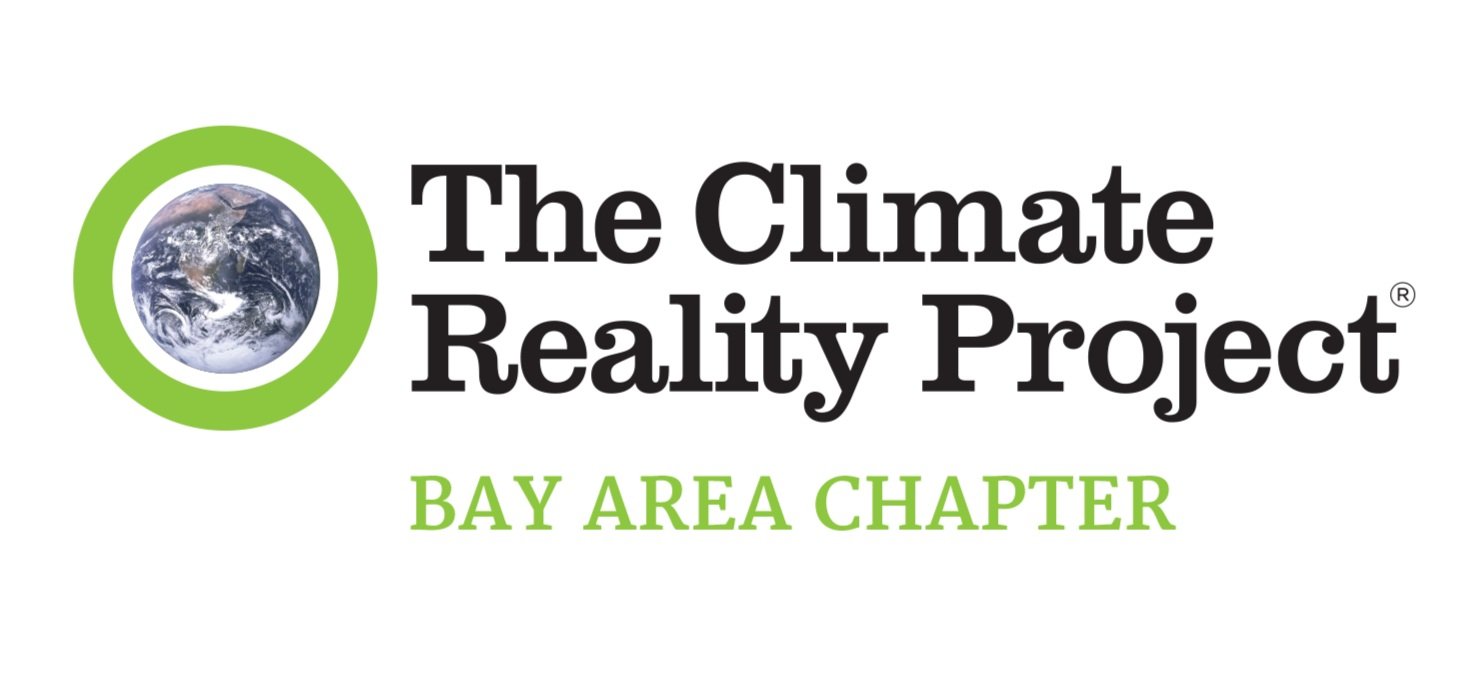FOSSIL FUELS IN THE BAY AREA: WHY “RODEO RENEWED” EFFORT IS DANGEROUS FOR THE CLIMATE
On December 10th, the Contra Costa Policy Squad discussed the efforts around the Rodeo Renewed effort launched by Philips 66. There is a real danger to language being touted by this effort for “Cleaner air, fewer emissions, and a renewable energy future.”
The discussion was led by Climate Reality Leaders Dave Rhody and Jackie Garcia who have been following this very closely.
On August 13, 2020, Phillips 66 submitted an application for a land use permit to implement the Rodeo Renewed Project. The town of Rodeo sits along the San Pablo Bay between the towns of Hercules and Crockett.
The objective of this project is to transform the existing Rodeo Refinery into a facility that converts renewable feedstocks into renewable diesel, renewable components of other transportation fuels, and renewable fuel gas through the use of existing refinery process units.
There are some benefits to the surrounding community, such as saving 480 local jobs, utilizing a solar array for electricity, and production of clean energy hydrogen. But it ends there.
Dave Rhody attended a virtual roundtable about the project, and identified several false claims made by Philips 66 Renewable Energy Project Management. They include:
1. Renewable diesel is not a biofuel. As defined by the International Council on Clean Transportation, the UN’s IPCC and the EU Climate Commission, renewable diesel IS, in fact, a biofuel. Farmland is used in the production of biofuels – see next point below.
2. Renewable diesel is made primarily from cooking oils. This is only partly true. In fact, just 26% will be made up by used cooking oils. And this will drop significantly, as there is a limited supply of used cooking oil available. The rest is made up of biomass – tallow (rendered meat fats), distiller’s corn oil, and soy and canola. This process could lead to 20% of the crops in the world used for biofuels. And that leads to an increase in demand for palm oil – a high-risk deforestation commodity. And so on….
3. Renewable diesel lowers CO2 emissions. The actual reduction is only around 4.2%, which does not justify the negative impacts on the environment above.
The Rodeo Renewed Project involves a four-year permitting process, so our involvement early in the process is important. Please read Dave Rhody’s report, and visit the links included in this article to see what you can do to help stop this project.
Better options exist today versus the plan laid out by Philips 66. We need to invest in technology that works, especially electric transportation. We should invest in clean hydrogen fuels (which comes from splitting water molecules) that are better for the environment and are widely used throughout the European Union.
Climate justice for those directly impacted
Keeping people employed at fossil fuel companies is not a feasible choice given the impact to the environment.
Floy Andrews, environmental lawyer and climate activist, explained, that we need to focus on what happens locally when the fossil fuel industry moves on. Some specifics we should focus on include:
Research the effects on the local economy; for instance, Chevron in Richmond employs around 3,500 people
Create a plan for workforce transition and retooling of skills
Provide reparations for low-income people and communities of color directly impacted
Provide health services for those affected by the long term health impact of exposure to toxins; note there is no hospital located in Richmond
